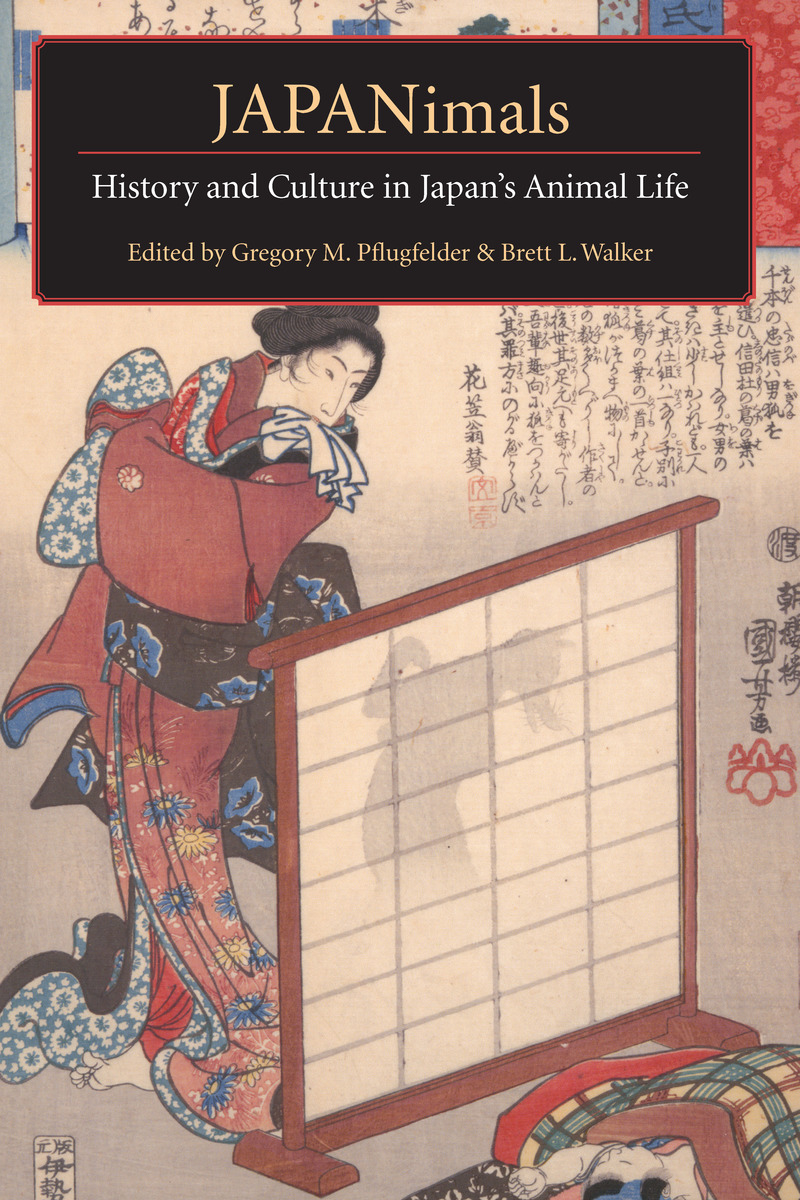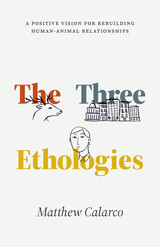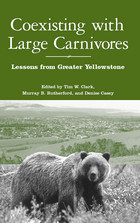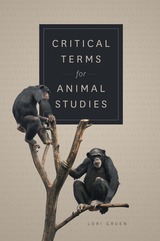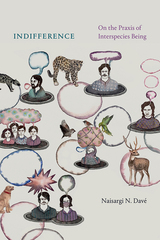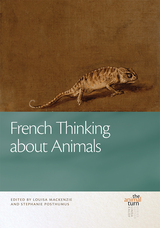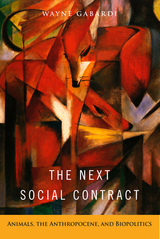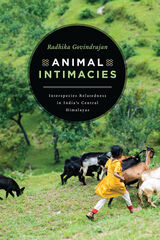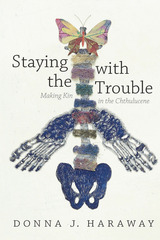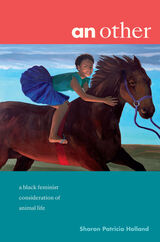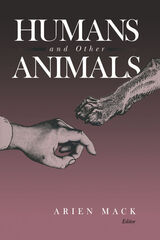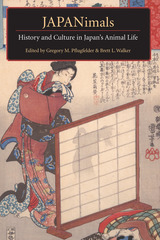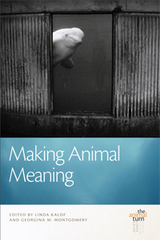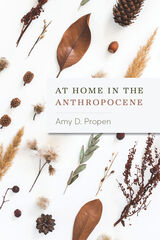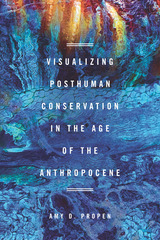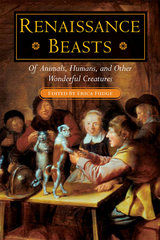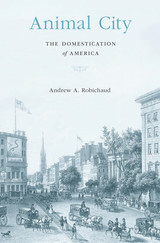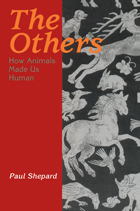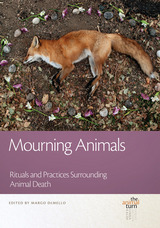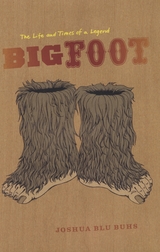JAPANimals: History and Culture in Japan’s Animal Life
University of Michigan Press, 2005
Cloth: 978-1-929280-30-8 | Paper: 978-1-929280-31-5
Library of Congress Classification QL85.J37 2005
Dewey Decimal Classification 591.952
Cloth: 978-1-929280-30-8 | Paper: 978-1-929280-31-5
Library of Congress Classification QL85.J37 2005
Dewey Decimal Classification 591.952
ABOUT THIS BOOK | AUTHOR BIOGRAPHY | REVIEWS | REQUEST ACCESSIBLE FILE
ABOUT THIS BOOK
From swift steeds to ritually slaughtered deer to symbolic serpents, nonhuman animals of every stripe have participated from the earliest of times in the construction of the cultural community that we know as Japan. Yet the historical accounts that have hitherto prevailed, claim the authors of this innovative volume, relegate our fellow animals to a silent and benign “nature” that lies beyond the realm of narrative and agency. What happens when we restore nonhuman creatures to the field of historical vision?
This book challenges many of the fundamental assumptions that have shaped contemporary scholarship on Japan, engaging from new perspectives questions of economic growth, isolation from and interaction with the outside world, the tools of conquest and empire, and the character of modernity. Essay by essay, this provocative collection compels readers to acknowledge the diversity of living beings who exist at the ragged edges of our human, as well as our historical, horizons.
See other books on: Animals | Culture | Folklore | Human-animal relationships | Japan
See other titles from University of Michigan Press
